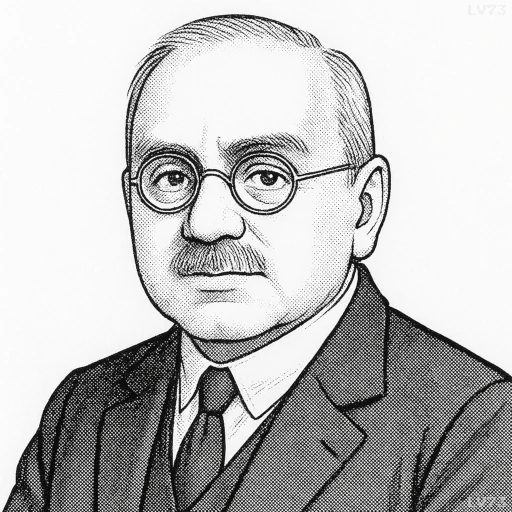“God who is eternally complete, who directs the stars, who is the master of fates, who elevates man from his lowliness to Himself, who speaks from the cosmos to every single human soul, is the most brilliant manifestation of the goal of perfection.”

- February 7, 1870 – May 28, 1937
- Austrian
- Psychotherapist, Medical Doctor, Founder of Individual Psychology
table of contents
Quote
“God who is eternally complete, who directs the stars, who is the master of fates, who elevates man from his lowliness to Himself, who speaks from the cosmos to every single human soul, is the most brilliant manifestation of the goal of perfection.”
Explanation
This quote reveals Alfred Adler’s concept of the ideal of perfection, which he saw as a central motivating force in human psychology. While Adler was not a theologian, he often used metaphorical or symbolic language—such as references to God or the cosmos—to articulate the aspirational nature of human striving. In this quote, God represents the ultimate embodiment of completeness and purpose, serving as a psychological model or guiding vision that individuals seek to approach through personal growth.
Adler’s theory of individual psychology emphasized the importance of teleology, the idea that people are motivated by goals and ideals rather than just past causes. The “goal of perfection” in Adlerian terms is not about being flawless, but about developing one’s potential, overcoming inferiority, and contributing meaningfully to society. By linking this inner drive to a cosmic and spiritual image, Adler suggests that human striving is not merely personal but universal, reflecting a deep connection to a broader moral or existential order.
In modern application, this idea aligns with the pursuit of self-actualization, purpose, and moral development. Whether framed religiously, spiritually, or humanistically, many people seek to transcend their limitations, improve themselves, and live in alignment with a higher ideal. Adler’s metaphor of God as the “goal of perfection” underscores that human psychological health is deeply tied to having a meaningful direction, one that elevates the self while recognizing its place within a greater whole.
Would you like to share your impressions or related stories about this quote in the comments section?
